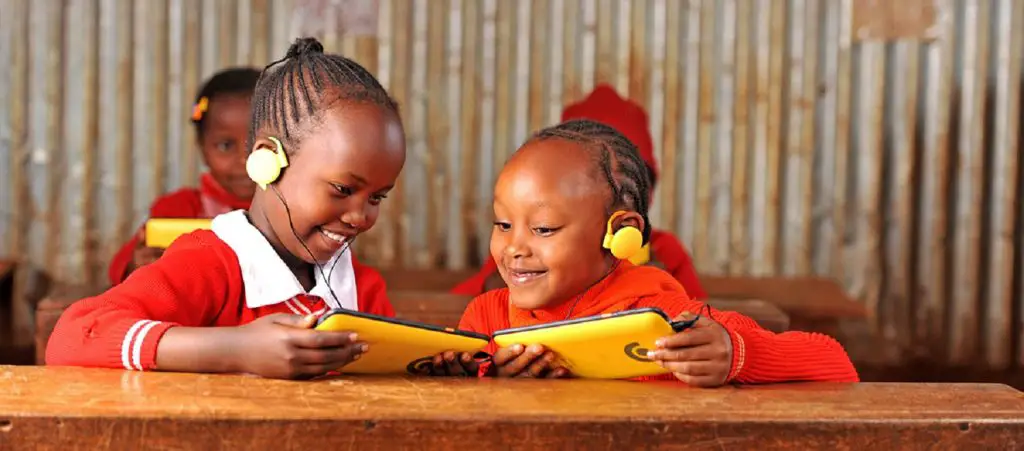Africa should rethink its offerings in education if it is to survive disruptions occasioned by disasters or pandemics like the covid-19.
With the changing landscape in education globally, experts in Africa are pushing for more virtual learning to cushion against pandemics.
The experts say that the continent must develop new education models featuring well-resourced virtual teaching and learning schemes to insulate it against disruptions due to disasters such as the covid-19 pandemic.
Read: Provide skills to meet 21st-century labour market needs
At a webinar hosted by the Association for the Development of Education in Africa (ADEA), the panellists who included Ministers of Education called for a new approach to the professional development of teachers to enable them to embrace the new digital delivery model.
The jointly organized webinar by ADEA and the African Development Bank Group also discussed the challenges and best practices of remote learning following the COVID-19 crisis and how countries can safely reopen their learning institutions.
With more than 200 participants from around, comprising six African Ministers of Education, senior government representatives, development partners and education stakeholders representing the private sector, civil society and youth, the forum heard that the pandemic has proven that digital education in Africa is a precondition for Africa’s socio-economic transformation and the survival of its people.
Tumwesingye Elioda, Ugandan Minister for Science, Technology and Innovation, who also chairs the ADEA Steering Committee, said: “We must begin working toward a new policy and strategies that will sustain an inclusive and equitable education for both young people and adults to enable us to embrace the new normal in the wake of Covid-19.”
“Today, more than ever before, we need to adapt as quickly as possible to disasters and emergencies and look for alternatives to advance education and training in Africa,” said ADEA Executive Secretary Albert Nsengiyumva.
In managing the current situation, some countries have gone for the gradual reopening of learning institutions starting in June 2020. The reopening targeted learners in examination classes.
For the others, school reopening has been pushed to either later this year or in January next year. For those in academics in these countries, they are looking at 2020 as a ‘lost year’.
ADEA notes that whichever the case, the situation continues to widen the exclusion and inequality gap in education.
Different countries have in place different strategies for remote learning which have generated mixed results.
Most countries have deployed single strategies or a combination of strategies, like the use of radio and television channels incorporating sign language, coupled with the distribution of print support educational materials for self-study for learners not reached by tech-enabled solutions in non-urban areas and marginalized communities.
“Many of the strategies for learners with special needs tend to focus mainly on learners with hearing and vision impairment, with a few that include adapting and interpreting broadcasted lessons, teleconsulting with physiotherapists and involving occupational therapists in providing television lessons. At the pre-primary level, no learning taking place in some,” notes ADEA.
With these challenges in education, it shows that the continent has a long way to go to achieve universal, quality education for all.
Read also: Rwanda edges closer to claiming Africa’s tech hub position
A report by the AfDB, Africa’s Economic Performance and Outlook amid COVID–19, notes that the continent has to improve its education skilling system if it is to survive the economic demands of the future.
“The covid–19 outbreak has also disrupted young people’s education with, at some point about 90 per cent of enrolled learners out of school. These school-age children might not go back to school, especially in Africa where dropout rates are the highest in the world.
While many developed countries can ensure little to no disruption in learning programmes by using digital tools, most African countries do not have the means to do so.
The AfDB notes that developing productive capability starts with developing basic skills and education.
For Africa to advance, investing in digital literacy is important for increasing productive capability.
With production in many sectors shifting toward digitalization and the greater use of automation, increasing the digital literacy of the workforce is expected to boost growth in collective productive knowledge.
Digital literacy (computer and internet literacy) is important for enabling businesses to grow in innovation-driven industries and for improving governance and the provision of public services.
For workers, digital literacy is the key to better employment prospects in innovative companies that require computer-based skills.
Even as education investment lags behind in Africa, developing the digital skills of the workforce requires investing in technology and skill training.
That means equipping students with computers and training teachers to use new technologies to improve learning. It also means integrating digital literacy into instruction in other subjects.
This, however, remains a pipe dream until governments implement policies that are friendly to equipping the workforce of the future.
